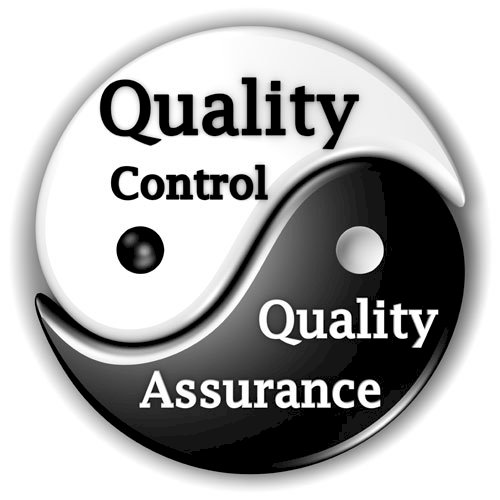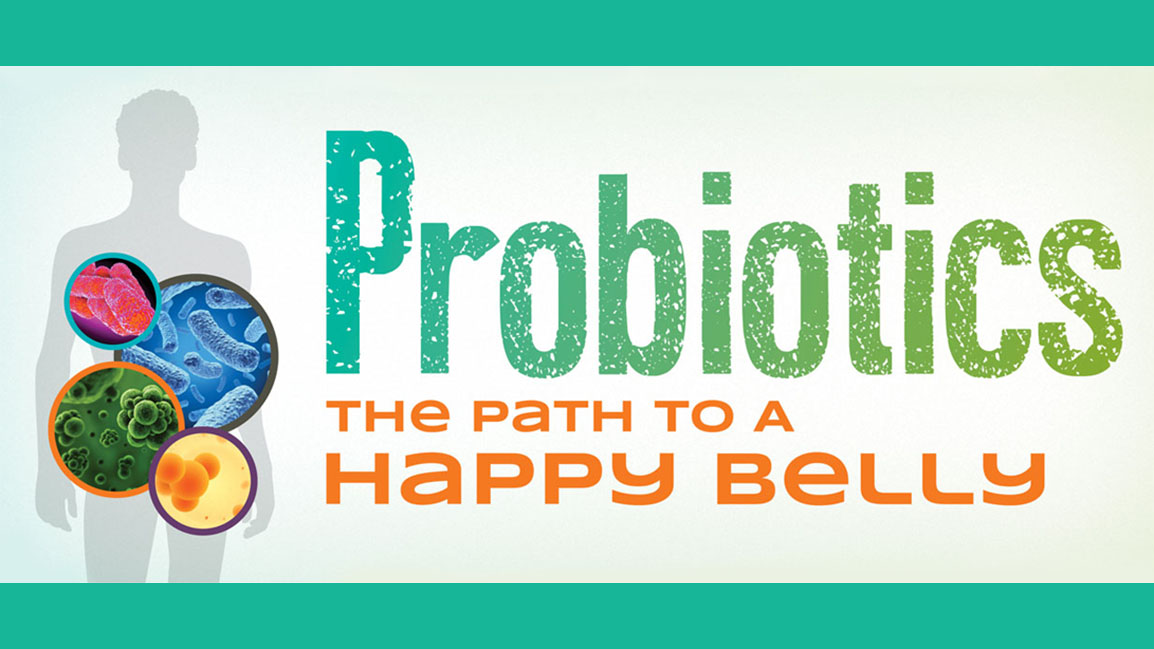 Indira Gandhi Institute Of Yog Services (IGIYS)
Indira Gandhi Institute Of Yog Services (IGIYS) delhi@igiyogservices.in |
delhi@igiyogservices.in |
 +91-9999166524 / +91-9205603775 |
+91-9999166524 / +91-9205603775 |

ICICI Account Details
Netbanking Detais:
Demo Fees Rs 1000/- Payment Details: ICICI Bank Account Name: IGI home yoga OR Pankaj Thakur
Account Number: 100501502855
IFSC Code: ICIC0001005
Branch: Tilak Nagar-110018 New Delhi
Phone Banking:
Googlepay Number: 9205603775
𝕴𝖓𝖉𝖎𝖗𝖆 𝕲𝖆𝖓𝖉𝖍𝖎 𝕴𝖓𝖘𝖙𝖎𝖙𝖚𝖙𝖊 𝕺𝖋 𝖄𝖔𝖌 𝕾𝖊𝖗𝖛𝖎𝖈𝖊𝖘™
![]()
Yoga For Supplements
 Introduction
Introduction
Yoga For Supplements / Yoga Trainer At Home / Yoga Classes At Home / Yoga At Home / Yoga Teacher (Home Tutor) Delhi
Hair Growth Supplements
Hair loss is a common condition, affecting about 80% of men and 50% of women. Many oral supplements and topical solutions marketed as hair loss treatments are available online and over the counter and claim to produce benefits such as healthy hair and sustained growth. Many oral supplements and topical solutions marketed as hair loss treatments are available online and over the counter and claim to produce benefits such as healthy hair and sustained growth. To someone with thinning hair, this may sound enticing, but these supplements aren't risk-free. Online and over-the-counter hair growth supplements don't need FDA approval before reaching shelves and scalps.Protein and Amino Acids
• Methionine is an essential amino acid, and products touting this ingredient say it works by providing adequate amounts of sulfur to hair cells, aiding in growth and appearance including delayed graying.
• Cysteine is a sulfur-based amino acid and an important part of keratin, which contributes to healthy hair structure and growth. Products touting this ingredient claim to support hair strength (and thus prevent loss) by providing sulfur.
• Lysine is an essential amino acid touted as aiding hair growth when combined with other amino acids, specifically arginine. Products with lysine claim to promote healthy hair growth through aiding hormone secretion and immune function.
• Keratin is a protein that serves as a structural component of hair and contributes to healthy hair growth.
Vitamins
• Vitamin A helps with hair growth by maintaining healthy follicles. Products high in vitamin A claim to contribute to thicker, longer hair.
• Vitamin C helps produce and maintain healthy collagen levels within hair follicles. It's also an effective antioxidant helping to reduce free radical and UV damage to follicle cells and collagen.
• Vitamin E helps support cell membranes and also is a powerful antioxidant that reduces the effect of free radicals on hair, especially when consumed with selenium.
• B vitamins are common in hair growth supplements and offer a range of benefits to hair health.18 Niacin (B3) can improve blood flow and increase the delivery of nutrients to hair follicles, supporting hair growth. Pantothenic acid (B5) increases hair flexibility, strength, and shine and helps prevent hair loss and graying. Pyridoxine (B6) aids in the metabolism of amino acids required for hair growth.
Biotin (B7) is needed for protein, fat, and carbohydrate metabolism; a deficiency can lead to poor metabolism of nutrients and undernourished hair follicles over time. While clinical studies suggest that a biotin deficiency, while rare, can lead to severe hair loss, there's no evidence supporting the role of biotin supplementation in the prevention of hair loss when biotin is consumed in adequate amounts in the diet.19,20 People with adequate protein intake shouldn't experience a biotin deficiency or hair growth-related side effects of a biotin deficiency.
Folic acid (B9) stimulates growth of new hair, and inadequate amounts can lead to reduced hair follicle cell division and growth. Cobalamin (B12) aids in overall scalp health. Inadequate levels of thiamin (B1), riboflavin (B2), niacin (B3), and pantothenic acid (B5) allegedly can lead to undernourished, dull hair follicles.
Minerals
• Iodine helps maintain healthy thyroid function. A deficiency can lead to thyroid disorders as a cause of hair loss.
• Zinc contributes to stronger hair structure and can improve the rate of hair growth. Zinc deficiencies have been linked to hair loss; products touting zinc claim to help reverse hair loss.
• Iron levels have been linked to hair loss, with research suggesting that many women who experience hair loss have low levels of blood iron.
• Selenium, a trace mineral that aids in iodine metabolism and thyroid function, protects hair follicles through its role as an antioxidant. Products claim selenium supports hair growth through its role in maintaining the thyroid.
• Copper helps other enzymes function properly in the body, supports healthy blood flow, and acts as an antioxidant to prevent hair loss. Emerging research suggests copper might stimulate the production of new hair follicles.27,28.
• Manganese is a silica-rich mineral aiding in the production of connective tissue and collagen, both of which are important for healthy hair development. Silica occurs in trace amounts in the diet, but many forms aren't bioavailable. Foods rich in manganese can help provide adequate silica.29,30.
Antioxidants
• Resveratrol protects the follicles and scalp against inflammation and oxidative stress caused by free radicals. Resveratrol also helps improve blood circulation, providing sufficient oxygen and enhancing the development and growth of hair follicles.
Fatty Acids
• Polyunsaturated fatty acids, such as omega-3 and omega-6 fatty acids, help with the appearance of hair and reduce dry, scaly skin.
• Gamma-linoleic acid commonly is consumed in supplement form as borage oil. Products claim it supports hair growth by reducing inflammation in the skin and scalp and helping to retain moisture.31,32.
Botanicals
• Saw palmetto is sometimes referred to as "The Natural Rogaine" because its compounds help prevent the shrinking of hair follicles, which can lead to hair loss.33,34.
• Ginkgo biloba has been shown to increase the growth rate of follicle cells and improve circulation, which increases blood flow to the scalp and enhances nutrient delivery.
Role of Diet and Food
While the exact cause of hair loss usually isn't clear, many times it's associated with an underlying nutrient deficiency.2 Products claiming to improve hair growth and prevent hair loss tout specific nutrients to support their use, but RDs understand that an inadequate eating pattern can't be fixed with supplements. Furthermore, topical solutions won't impact a nutrient deficiency, so the application of products containing Minoxidil won't improve nutrient intake or treat the cause of the hair loss.
Supplements For Older People
Improving Seniors' Diets
When counseling older adults, dietitians should prioritize food over supplements, with the exception of vitamin B12, because of the possible beneficial, synergistic effects among nutrients, phytochemicals, and other compounds found in whole foods. Beans are an excellent source of many B vitamins; they're readily available and easy to incorporate into meals. Whole grains are nutrient dense and contain more fiber and protein than their refined counterparts, but the taste and texture may be difficult for some seniors because whole grains are denser and have increased texture and a more pronounced mouth feel. Refined wheat and rice products in the United States are enriched with the B vitamins thiamin, riboflavin, niacin, and folic acid. While not nutritionally ideal, refined wheat and rice products can aid in meeting B vitamin requirements.
Not all seniors have cooking skills or have access to kitchens or cooking utensils, but caregivers or those who work with them can help prepare the following types of meals rich in B vitamins.
Soups and stews:
They're an excellent way to incorporate beans and vegetables into the diet. They tend to be nutrient dense, and patients who have trouble chewing or swallowing find them easier to eat. And since many vegetables often are hidden in stews, patients who have a taste-aversion to a particular vegetable won't notice if they eat it. Soups and stews also are great ways to use vegetables that are nearing the end of their shelf life. Lentils also are ideal because they don't require soaking and can be cooked until they're soft.Blended vegetables for sauces:
Many vegetables can be lightly sautéed, blended, and added to sauces, such as marinara. This slightly changes the consistency and taste of the sauce, but it could be much more palatable for those who have trouble eating whole vegetables. Many of the nutrients and the fiber are retained in this cooking style.Beans and vegetables in common dishes:
Older clients can incorporate beans into salads, pastas, and rice dishes without significantly altering the taste or texture. A common technique used to encourage behavior change is to attach new habits to old ones, and the same can be done with food and nutrition. Recommend clients incorporate vegetables they already like into easy-to-prepare dishes. For example, instead of eating spinach only as a side dish, suggest clients add it to main entrées.International cuisine:
The United Nations declared 2016 the International Year of Pulses to celebrate the significant impact beans have around the world as a sustainable and affordable source of nutrients for billions of people. Adding international foods to a foodservice rotation is an easy way to incorporate more beans into a menu. Mexican and Central American cuisines emphasize pinto and black beans, and lentils are integral to many foods from southern Asia. Hummus, a Middle Eastern specialty made with olive oil, tahini, garlic, lemon, and chickpeas, is soft, nutrient dense, and easy for a senior or foodservice kitchen to prepare.Berries:
Popular and readily available, berries such as strawberries, blueberries, and raspberries are nutrient-dense and rich in antioxidants and flavonoids, which could be beneficial for brain health.17,18 Berries are soft and easy for older patients to eat and, therefore, should be an important part of their diet. Most often, people are encouraged to buy fresh berries, but frozen berries are easier to store for longer periods of time and have the same nutrient profiles as the fresh varieties. Clients can eat berries as a dessert or add them to oatmeal or smoothie recipes if they have difficulty chewing or swallowing.Tea:
Aside from water, tea is the most consumed beverage in the world, and it potentially may be beneficial for preventing cognitive decline.The research isn't extensive, but the antioxidants and L-theanine found in tea may help maintain brain function.20 The caffeine found in tea may be beneficial for cognition,21 but it could be problematic for those who have trouble sleeping. Recommending tea for seniors otherwise has little risk with potential benefits.What Are Probiotics?
According to the National Center for Complementary and Alternative Medicine, probiotics are live microorganisms—usually bacteria, but they can also be microbes such as yeasts—that people can ingest to bolster the population of desirable bacteria in the gut. Probiotics exist naturally in some foods and are also available as dietary supplements in powder, capsule, and tablet forms. The World Health Organization and the Food and Agriculture Organization of the United Nations call probiotics the “live microorganisms, which, when administered in adequate amounts, confer a health benefit on the host.”
IGIYS Online Yoga Classes

First Month (Free Demo Video)

Second Month (Free Demo Video)
(Watch Free*)
For any queries or Yoga Trainer booking feel free to call us!
Thanks & Regards
Pankaj Thakur
(Director and Founder)
Indira Gandhi Institute Of Yoga Services
Phone: 9999166524
www.igiyogservices.in
 Yoga Authentic Work Flow
Yoga Authentic Work Flow Team IGIYS works authentically and with creative work for their yoga clients in order to provide them best possible health solutions.
 Yoga Class Quality Assurance
Yoga Class Quality Assurance Team IGIYS give weightage to high-level quality yoga training and keep checks at all phases of the tenure delivering the best quality and result oriented yoga classes at home.
 OnTime Delivery Result
OnTime Delivery Result Our commitment to our clients for all our yoga classes at home, results to be delivered on or before time, marking us as the best.
 24*7 Customer Support
24*7 Customer Support Our team works towards providing the client with 24*7 support system at every phase of their yoga training around a day and year.
 100% Client Satisfaction
100% Client Satisfaction Our mission is to achieve 100% client satisfaction by providing them a unique yoga training to their expectation.

 +91-9999166524 +91-9205603775
+91-9999166524 +91-9205603775
